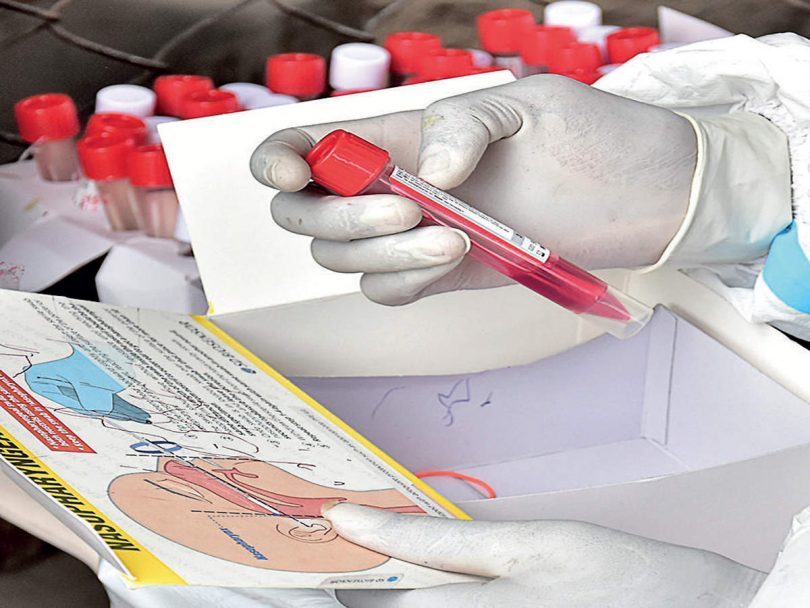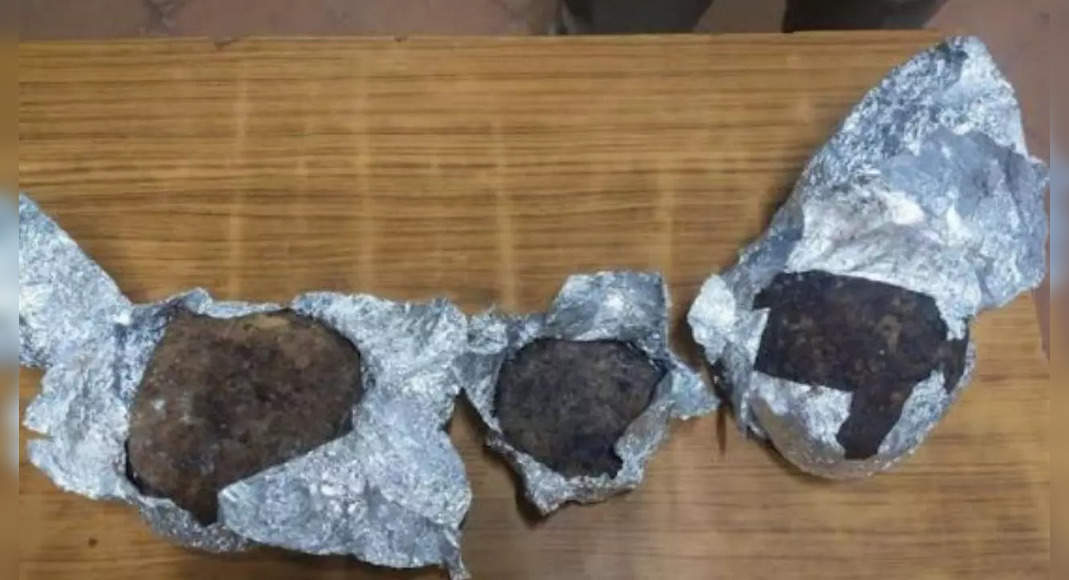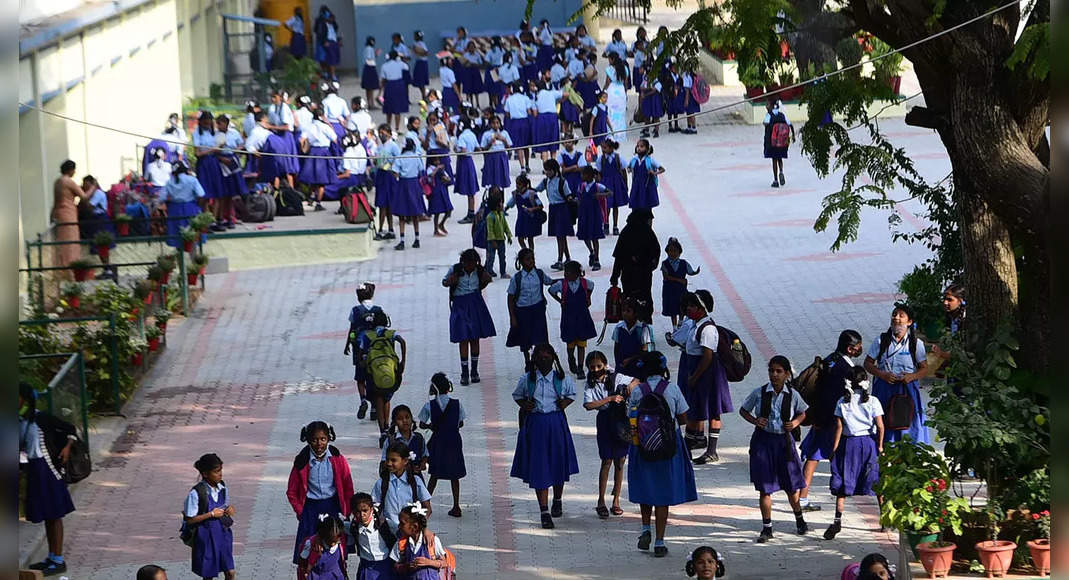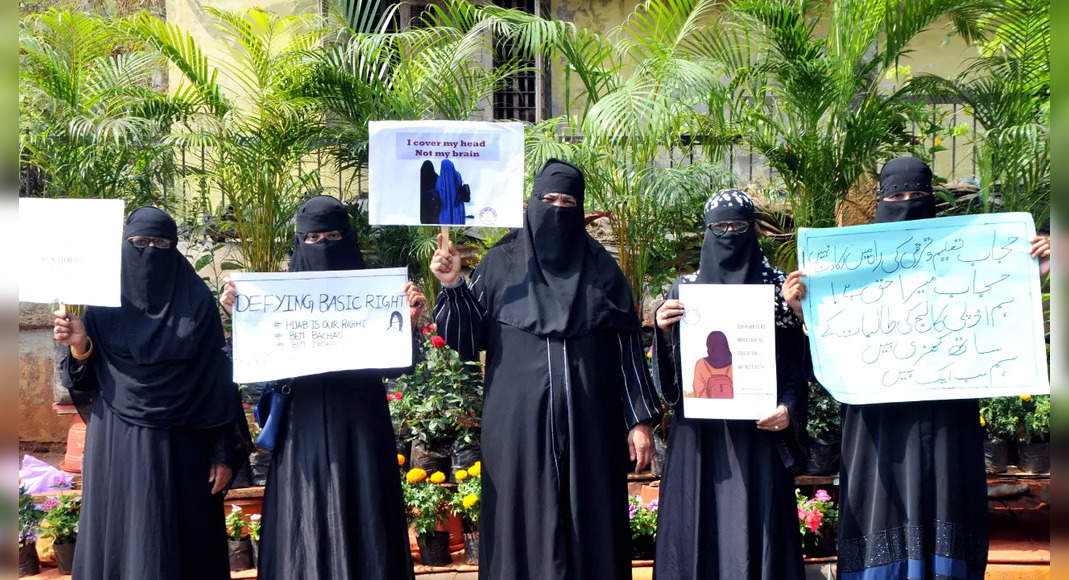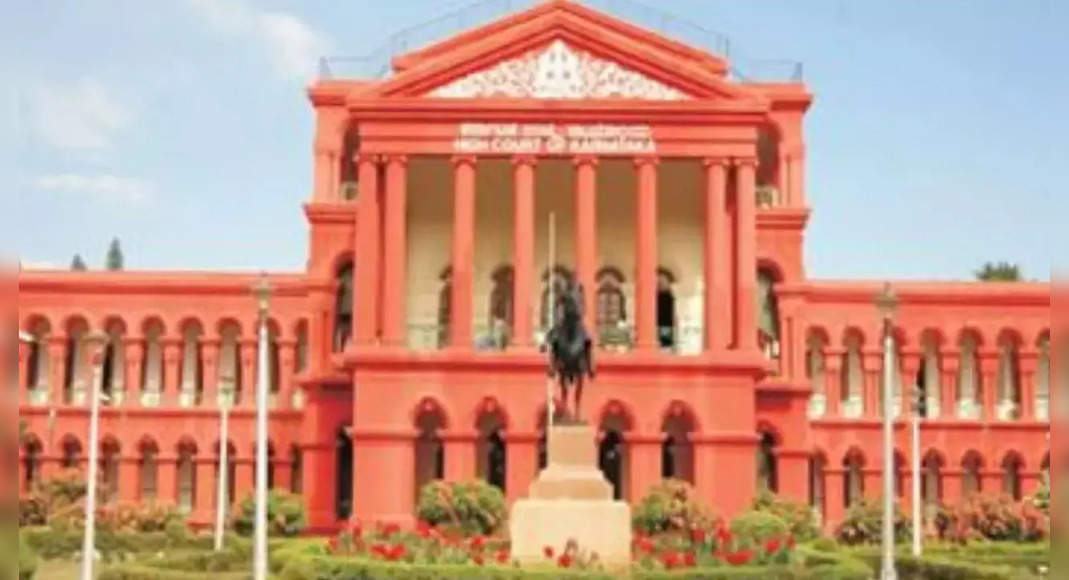The platform can scale up testing on campuses allowing frequent testing using a single round; the test can detect covid within day 3 of infection
Educational institutions and office spaces are once again looking to reopen after more than two months following the devastating second wave of covid.
However, with employees and employers sceptical about resuming work in crowded spaces, it is going to be a big task to convince both.
To address this issue, Manoj Gopalkrishnan (in pic), founder of a Bengaluru-based startup, Algorithmic Biologics Pvt Ltd (ABPL), has developed Tapestry, a platform to scale up Covid testing on campuses.
(function()palm/i.test(navigator.userAgent.toLowerCase()));
if(mobile){
var div = document.getElementsByClassName(vidads)[0].childNodes[0];
div.setAttribute(“data-slot”,”323283″)
var idattr = div.getAttribute(“id”).replace(“323272″,”323283”)
div.setAttribute(“id”,idattr);
}
)();
~name~~brandtext~
var hideAds = function($containerElem){
if($containerElem && $containerElem.length != 0){
$($containerElem[0].parentNode.parentNode).hide();
}
Tapestry is a technology offering affordable and frequent testing using a single round, quantitative pooling algorithm with the gold-standard RT-qPCR test.
“If we reopen now hopefully a lot of people will be vaccinated and the prevalence rates will be low.
However, if there is any new strain, it can start spreading so we think that testing is very important and the most sensitive test in the market is the RT-qPCR,” said Manoj, who developed this platform at the Indian Institute of Technology Bombay (IITB).
He added that the RT-qPCR is able to detect the infection on Day 3 and prevents the person from becoming a potential spreader of the virus unlike other methods that are able to catch the virus only on Day 6 or 7 for symptomatic persons.
Tapestry’s platform technology works like a compression algorithm for molecular testing, in a manner similar to how JPEG or ZIP compression preserves all the information in a smaller file.
Samples from individuals are mixed into pools according to a code.
Each sample is sent to three pools, ensuring testing in triplicate and accurate results.
Individual-level results are recovered by looking at the pattern of the pooling results and applying a decoding algorithm.
Manoj added that Tapestry has been deployed at the IIIT Hyderabad campus since mid-February and every week everybody in the campus has been tested.
.
“They are happy with our technology.
Their campus has been kept more or less safe during the second wave because of the regular testing.
We were able to keep the campus open throughout the wave unlike other campuses which had to be shut when overnight 80 to 100 positive cases were detected.
So the takeaway is that this method does seem to allow campuses to stay open and to prevent spread of infection,” Manoj added.
He also said that his startup is close to deploying this platform on campuses such as IT Parks.
“I am not at liberty to take names at the moment.
We will go live at multiple campuses by the end of this month,” he said.
He said that to test and give results for one person per month it would cost Rs 1,000.

